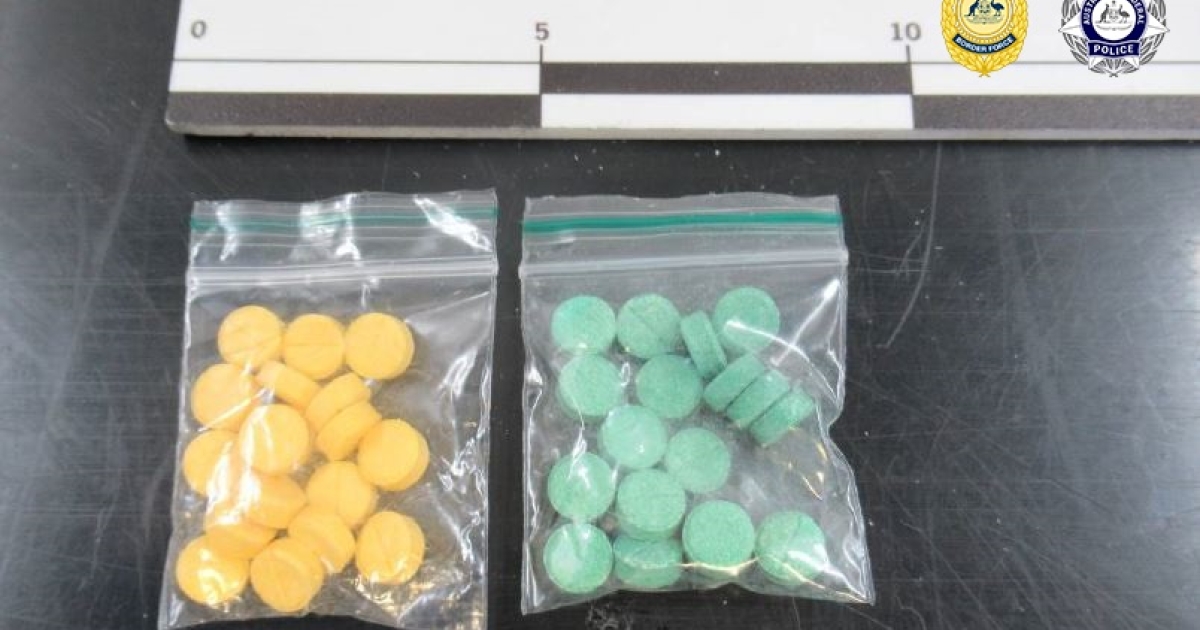A new study published in Science Advances found more than half of branded plastic pollution found in the environment was linked to 56 companies.
CSIRO, Australia’s national science agency, co-authored the paper along with 12 other international organisations, providing the first ever quantification of products from global plastic producers in the environment through audit events.
Researchers used data from a 5-year (2018-2022) program, spanning 84 countries, to identify brands found as plastic waste in the environment.
Dr Kathy Willis, postdoctoral researcher at CSIRO, said the research provides insights into what branded items contribute to plastic waste.
“We found 13 companies have an individual contribution of 1 per cent or more of the total branded plastic observed in all 1576 audit events,” Dr Willis said.
“All those companies produce food, beverage, or tobacco products.”
The top brands globally were; The Coca-Cola Company, linked to 11 per cent of branded items, followed by PepsiCo (5 per cent), Nestlé (3 per cent), and Danone (3 per cent).
The prevalence of food and beverage companies, particularly those producing single-use plastic products, suggests single-use packaging significantly contributes to branded plastic pollution.
“The research also showed that a 1 per cent increase in plastic production was associated with a 1 per cent increase in plastic pollution,” Dr Willis said.
Dr Win Cowger, Research Director at The Moore Institute for Plastic Pollution Research, led the study on the globally ubiquitous and increasing problem of plastic pollution.
“There is a relationship across geographies and widely varying waste management systems. This suggests that reduced plastic production could help curb plastic pollution,” Dr Cowger said.
“This would have a positive impact on the environment, as would shifting towards more durable and reusable products.”
The research builds on knowledge of branded plastic pollution and provides the first quantitative analysis of the relationship between plastic production and branded plastic pollution.
“These findings provide new insights into what plastic products end up in the environment and highlight the importance of solutions to address single-use plastics,” Dr Willis said.
“This includes safe and sustainable product designs that cut global demand for new products, and increasing reusability, repairability and recyclability.”
The research also found that 50 per cent of items were unbranded. Improving the branding and labelling of products could enhance traceability and accountability.
“International standards for the branding of packaging could help to facilitate identification and better track and manage plastic products,” Dr Willis said.
This research aligns to CSIRO’s Ending Plastic Waste Mission, which aims to change the way we make, use, recycle and dispose of plastic.








